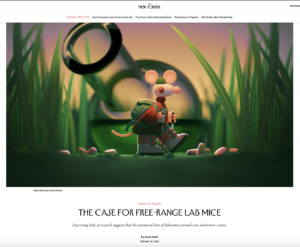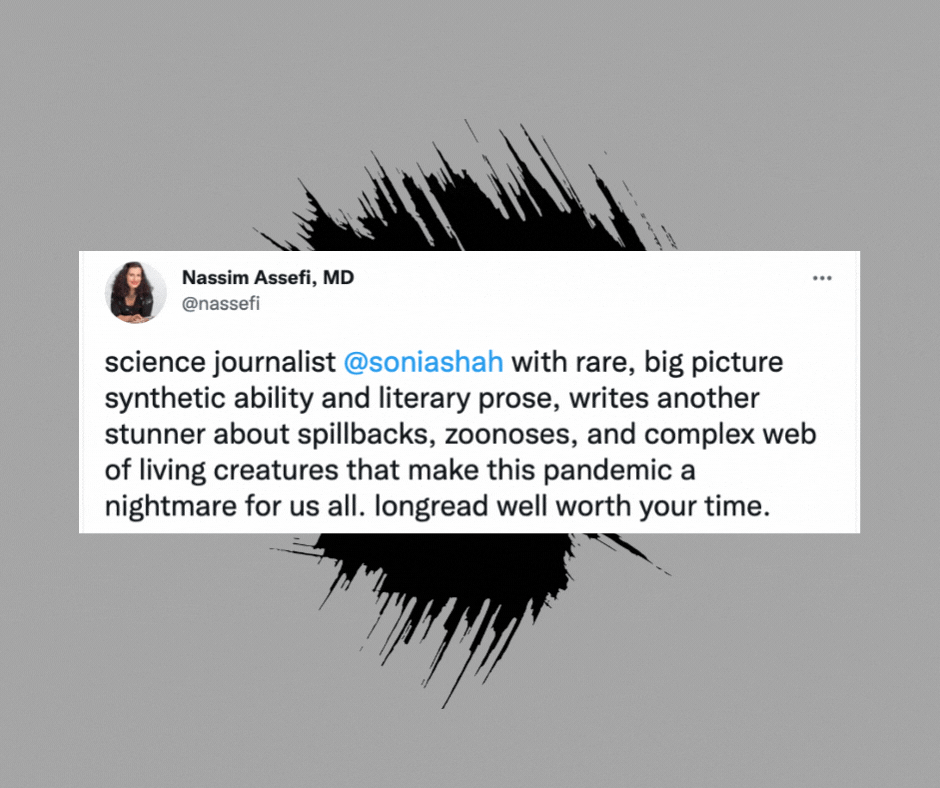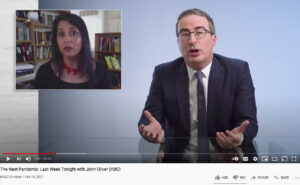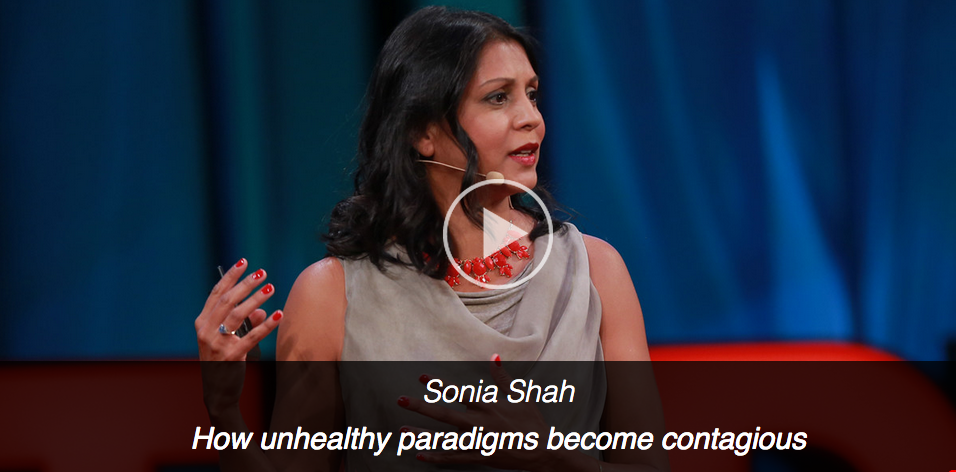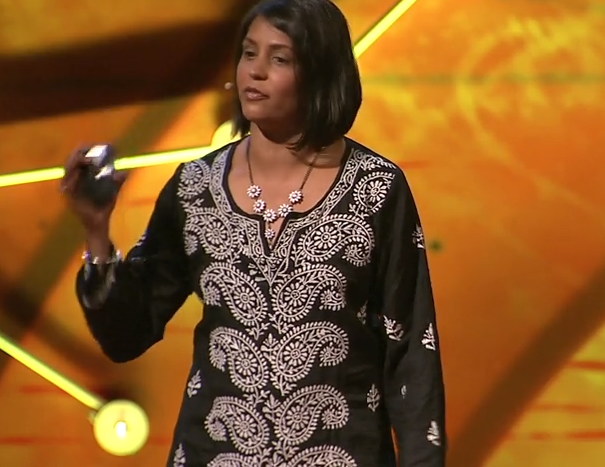Barack Obama’s crude comparison of the Deepwater spill to 9/11 marks a new low in the political grandstanding over the Gulf of Mexico disaster. While the president might be right to haul BP over the coals for the company’s apparent negligence prior to the explosion, the distancing of the US government from the private sector is a cynical way to exploit the tragedy.
If Obama’s post-spill proclamations are to be believed, the US administration bears no responsibility for the catastrophe, and instead is wholeheartedly committed to environmental protection, developing alternative energies, and all the other buzzwords so beloved by politicians and voters alike. BP can be instantly cast in the role of pantomime villain by opportunistic senators, set up as the fall-guy for a society which – when the going was good – lauded BP and its peers to the heavens for their work.
In that respect, a better comparison would have been to the collapse of Lehman Brothers and Bear Stearns rather than the twin towers, at least in the way that the credit crisis and the Deepwater spill have brought out the worst hypocrisy in those scrambling for political cover after the event. It is no secret that politicians and diplomats have been in the pocket of energy companies almost since the first oil was struck in Pennsylvania in the 1850s, and the murky relationship has continued ever since.
In Sonia Shah’s definitive history of the oil industry, Crude, the base greed and exploitative nature of oil company executives is detailed time and again, and the laissez-faire attitude of the respective governments involved in green-lighting their activities is an ubiquitous trait throughout every stage of the process. Public and private sector prospectors thought nothing of wreaking environmental havoc wherever they sought black gold, more often than not causing massive social upheaval to boot in the countries into which they expanded.
Mass spillages and pollution across the world – in Alaska, Nigeria, Iraq and elsewhere – barely register with consumers in the west, so long as they don’t occur in their backyard. The minute catastrophe occurs closer to home, suddenly everyone and their dog is a green campaigner, an environmental warrior ready to don cape and clutch sword in pursuit of a better future for Mother Earth and all her children. Which is all well and good, for about as long as the spills dominate the headlines and trend on Twitter, but when the crisis is over and the wells are recapped, all reverts to business as usual.
And business as usual means a refusal to bring about serious, societal change. Instead of acknowledging the warnings that have abounded for decades – the declining supply of oil, the increased cost and risk of extracting new sources, the massive environmental dangers of global warming – short-termist politicians and executives hunker down to see out their careers as comfortably as possible. For every unlucky Tony Hayward, there are a hundred other oil company CEOs getting away with murder, safe in the knowledge that big business will forever be protected by big government as long as it remains mutually beneficial to both parties.
The baying for BP blood is a sideshow, a distraction foisted on the American people by an administration desperate to save face over the Deepwater disaster. The near-50% decline in BP shares might provide a bit of feel-good schadenfreude, but is of no long-term benefit to the bulk of society.
If BP is forced to the wall, its assets will be quickly gobbled up by vultures from among its market peers; if BP can’t pay its dividend, pension funds and public authority investments will be hardest hit, adversely affecting the finances of millions. And the tens of thousands of BP employees whose careers currently hang in the balance will become the most undeserving of victims if the company sinks beneath the waves of bankruptcy.
If Obama & Co really want to do the best by both their electorate and the environment, they could do worse than permanently nationalise oil companies as a way of enacting serious positive change in the industry. As has been witnessed throughout private sector history, most investors – and certainly those with the most financial clout – regard profit above all other concerns when it comes to their demands from the companies in which they buy stock. BP and the other energy megaliths will never be forced to take the environment seriously while they continue to be bankrolled by those for whom money talks louder than any number of dying wildfowl and destitute fishermen.
However, such a remedy should not be seen as simply a temporary solution in the vein of the shambolic bailout of UK and US banks. Energy is far too crucial and sensitive an issue to be left in the hands of the private sector, and with the world’s supply of oil steadily declining, the urgency for finding alternative energy sources grows greater with every passing day. An oil industry which ploughs all profits into research and development of green fuels is the ideal model until the world can finally be fully weaned off oil – and such a system can only be fully brought to bear under the auspices of governmental control.
Obama is right to say that the Deepwater spill will “shape how we think about the environment for many years to come”, but he is wrong to imply that the soul-searching and brow-beating should come from the private sector alone. Just as society’s lust for living on borrowed means was the main catalyst for the credit crunch, so too does society’s rapacious appetite for oil bear indirect responsibility for the Deepwater disaster.
Governments have a role to oversee both the financial and oil industries to prevent such crises occurring, and if that means seizing control of the main offenders, then so be it. Action on such a scale would speak far louder than the empty words currently emanating from statesmen’s mouths either side of the Atlantic.






